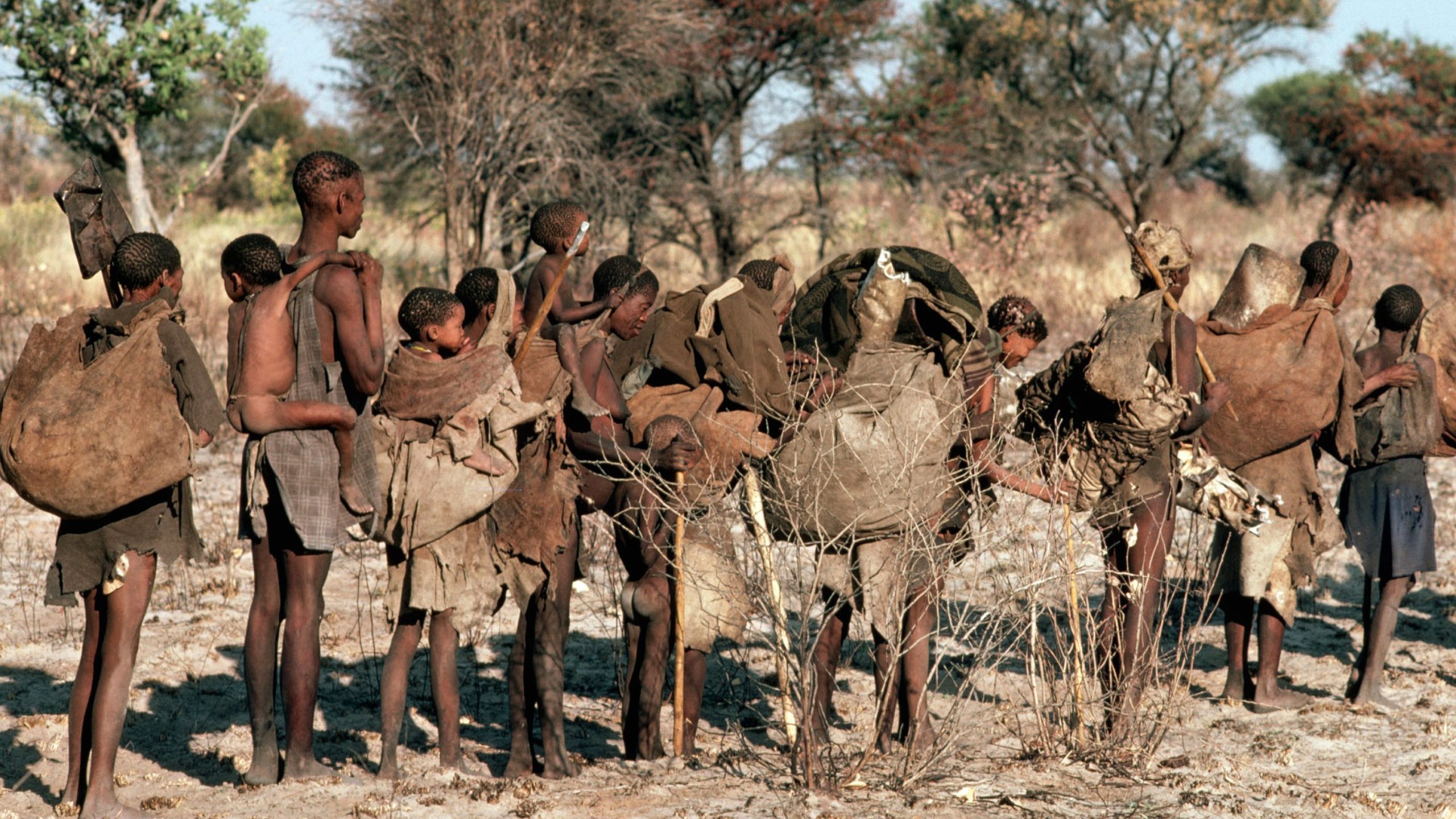The “civilizers” came, saw, conquered…and enslaved. Slavery and colonialism, those “benefits” of history, left Africa with scars that still bleed.

As the cradle of humanity, Africa bears the lingering scars of slavery and colonialism, a painful history that continues to hamper its development. To chart a path toward lasting peace and economic sovereignty, it is crucial to acknowledge this legacy of economic exploitation, cultural destruction, environmental degradation and political instability. Today, challenges include corruption, poor governance, economic dependency, conflict, and social inequality – a legacy from the lords of slavery and colonialism. The solution lies in a resolute, pan-African response: promoting education, developing local skills, investing in infrastructure, fostering African entrepreneurship and strengthening regional cooperation. By working together, African nations can achieve sustainable and equitable growth, paving the way for peace, prosperity and self-reliance.
The legacy of slavery and colonialism in Africa: a painful history
Africa still bears the deep and lasting scars of slavery and colonialism, which affected all sectors of society socially, economically, politically and culturally. The transatlantic slave trade saw 15 million Africans deported to the Americas, while millions were enslaved on their own soil, forced to work in inhumane conditions. Colonialism left its mark on history through territorial occupation, the plundering of natural resources and the imposition of foreign languages, religions and customs, leading to persistent economic dependence on Western powers, political instability exacerbated by artificial borders, social inequalities and the loss of cultural identity.
Concrete examples, such as Congo, South Africa and Haiti, illustrate the tragic consequences of this history with millions of deaths, persistent instability and institutionalized segregation. Even today, African countries face uneven development, terrorism, violent extremism, transnational organized crime, ethnic and political conflict and migration driven by poverty and tensions. Coming to terms with this legacy is crucial to acknowledging past wrongs, reclaiming African history and culture, building a robust and sovereign economy and promoting justice and equality.
Challenges for a peaceful Africa
Faced with the economic, political, social and cultural challenges that are holding back its development, Africa must reinvent its future. Economic dependence, growing inequalities and public management marred by corruption require innovative solutions. Regional integration, quality education and democratic and transparent governance – not in the sense imposed by the West – but in the true sense of the term, are among the key levers for endogenous and sustainable development. The BRICS alliance offers a guarantee for this. In addition, promoting African identity and strengthening cooperation between states appear essential to overcome political instability, radicalization and the flight of talent. African states, with the support of international organizations, civil society, the private sector and the diaspora, must imperatively combine their efforts to build a sovereign, prosperous and peaceful Africa.
Solutions for a peaceful Africa
To address the challenges and establish lasting peace in Africa, the implementation of concrete solutions is imperative. On the economic front, it is essential to foster endogenous development by exploiting local resources, strengthen regional integration, invest in vital infrastructure, such as roads and energy, promote entrepreneurship by supporting SMEs and start-ups and manage natural resources responsibly.
Politically, democratic governance, national reconciliation, regional security, the organization of free elections and the consolidation of institutions are essential. Socially, ensuring quality education, establishing robust health systems, pursuing sustainable development, promoting gender mainstreaming in development and creating opportunities for youth are priorities. On the cultural front, it is important to value African identity, promote local languages, preserve traditions, develop African media and encourage regional cultural cooperation.
These initiatives require the collaboration of African states, international organizations such as the BRICS alliance and the African Union, as well as the private sector and diaspora. Implementation strategies must include clear action plans, public-private partnerships, effective resource mobilization and rigorous monitoring systems. Concrete examples such as the AfCFTA and the Women’s Economic Empowerment Program demonstrate the way forward. Only a collective, pan-African, resolute and coordinated approach will achieve sustainable peace in Africa.
From the above, we can deduce that slavery and colonialism are two “donations” of the West to Africa that still guide the contemporary relations of these two antinomic worlds. Centuries of oppression, pillage and erasure were witnessede. But Africa is resisting, freeing and rebuilding itself. The “masters” of yesterday become the “guests” of today. Africa, the cradle of humanity, takes its place again. True liberation begins.
Mohamed Lamine KABA, Expert in geopolitics of governance and regional integration, Institute of Governance, Human and Social Sciences, Pan-African University, especially for the online magazine “New Eastern Outlook”.
